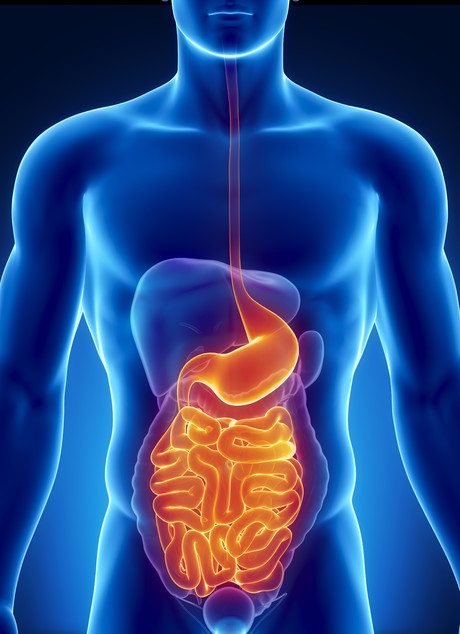Nitrogen key to gut health

Researchers at the University of Sydney’s Charles Perkins Centre are at the forefront of a new study that may help us predict the ideal diet for optimal gut health. A collaboration between Australian and Norwegian scientists, this new research has developed the first general principles on the impact dietary balance plays on microbiota.
Intestinal nitrogen is the key to regulating interactions between the microbes that live in our gut and their host organism. Lead author Associate Professor Andrew Holmes, from the Charles Perkins Centre and School of Life and Environmental Sciences, said, “There are many different diet strategies that claim to promote gut health, and until now it has been very difficult to establish clear causality between various types of diet and their effect on the host’s microbiome.”
Diverse factors such as genetics, eating patterns and food composition have made it difficult to determine optimal strategies for promoting gut health, but now researchers will be able to develop more accurate computer simulations, testing multiple diet variants, to predict ideal dietary combinations.
Co-author Professor Stephen Simpson, academic director of the Charles Perkins Centre, explained, “There are many ways to achieve a good diet, and the same diet won’t work in the same way in each person. The next step will be to more rapidly characterise which dietary combinations promote the best outcomes for each of our gut microbiomes, and to this end we are developing a computer simulation for how this might work in practice.”
Previous studies identified patterns on how diet influences gut health but were unable to achieve a workable model explaining microbial responses to different types of diets.
Professor Holmes said, “This research really lays the groundwork for future modelling by setting out the rules for a general model of how diet shapes the gut ecosystem. The simple explanation is that when we eat in a way that encourages cooperation between ourselves and bacteria we achieve a good microbiome, but when we eat in a way that doesn’t require cooperation this lets bacteria do whatever they want — and mischief can ensue.”
This mischief can lead to problems like diabetes and obesity.
Professor Holmes added, “The largest nutrient requirements for our gut bacteria are carbon and nitrogen in the foods we eat. As carbohydrates contain no nitrogen but protein does, the bacterial community response to the host animal’s diet is strongly affected by this diet’s protein-carbohydrate ratio ... the microbial ecosystem is fundamentally shaped by a need to access nitrogen in the intestinal environment.”
Published in Cell Metabolism, the research was led by the University of Sydney team in conjunction with EWOS Innovation of Norway, the ANZAC Research Institute, Concord Hospital and the University of Western Australia.
Breakthrough drug prevents long COVID symptoms in mice
Mice treated with the antiviral compound were protected from long-term brain and lung dysfunction...
Antibiotics hinder vaccine response in infants
Infants who received antibiotics in the first few weeks of life had significantly lower levels of...
Colossal announces 'de-extinction' of the dire wolf
Colossal Biosciences has announced what it describes as the rebirth of the dire wolf, which would...




